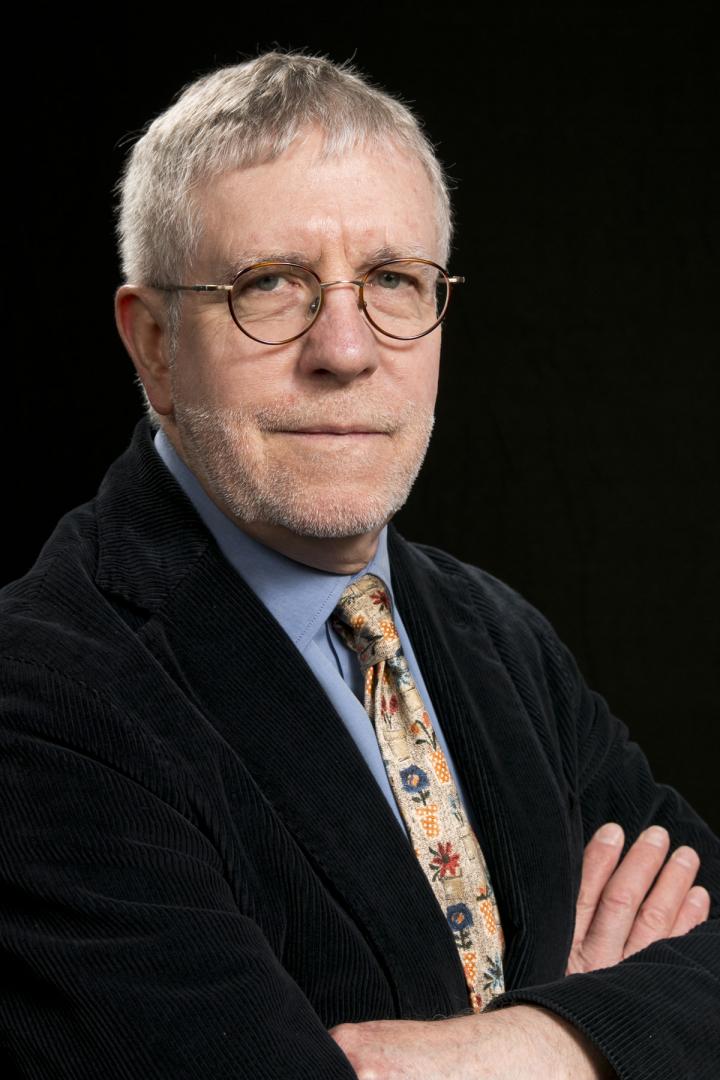Experts detail new paradigms of vocational rehabilitation that are fostering measurable progress in employment outcomes for individuals with spinal cord injury

Credit: Kessler Foundation
East Hanover, NJ. September 22, 2020. A team of experts in disability employment summarized advances in outcomes being achieved in individuals recovering from spinal cord injury. Their article, “30 Years after the Americans with Disabilities Act: Perspectives on employment for persons with spinal cord injury,” (DOI: 10.1016/j.pmr.2020.04.007), was published online on June 7, 2020 in Physical Medicine and Rehabilitation Clinics of North America.
Authored by Lisa Ottomanelli, PhD, Lance Goetz, PhD, John O’Neill, PhD, Eric Lauer, MPH, PhD, and Trevor Dyson-Hudson, MD, the article frames challenges and opportunities for individuals with spinal cord injury in the workplace, as the nation marks three decades influenced by the protections ensured by the ADA.
Link to abstract: https:/
Thirty years after the passage of the ADA, planning for return to work is often a low priority during rehabilitation for spinal cord injury, and employment rates remain low for this population. The authors report their analysis based on the Medical Expenditure Panel Survey, comparing the characteristics of working age people with spinal cord injury/dysfunction, and their experiences with employment and health care, with those of the overall working age population. Despite the positive impact of employment on many domains, workers with SCI/D experience significantly more issues related to health and medical care, according to John O’Neill, PhD, director of the Center for Employment and Disability Research at Kessler Foundation.
New models for vocational rehabilitation that address these issues are returning more people to the workplace after spinal cord injury. “Compared with traditional vocational rehabilitation, the comprehensive services offered through individual placement and support (IPS) are helping more people achieve competitive employment,” said Dr. O’Neill. “Integrating vocational services into spinal cord injury rehabilitation enlists the talents of the treatment team in the fulfillment of the individual’s employment goals.”
Another promising approach is vocational resource facilitation (VRF), an early intervention model implemented at Kessler Institute for Rehabilitation with funding from the Craig H. Neilsen Foundation. A dedicated vocational resource facilitator works with the treatment team to support newly injured individuals with their plans to return to work, coordinates services, and provides follow up after discharge. Since this publication, the employment rate at one year after discharge for traumatic spinal cord injury has increased from 34% to 43%, significantly exceeding national one-year post injury benchmarks ranging from 12% to 21%.”
The authors emphasize that vocational rehabilitation services, when delivered soon after injury and integrated into the medical rehabilitation plan, contribute to better employment outcomes. “Implementing evidence-based practices during rehabilitation is an important step toward fulfilling the promises of the ADA for people with spinal cord injury,” Dr. O’Neill concluded.
###
Funding: National Institute on Disability Independent Living Disability and Rehabilitation Research – RRTC-EPM (90RT5037-02-00)
About Kessler Foundation
Kessler Foundation, a major nonprofit organization in the field of disability, is a global leader in rehabilitation research that seeks to improve cognition, mobility and long-term outcomes, including employment, for people with neurological disabilities caused by diseases and injuries of the brain and spinal cord. Kessler Foundation leads the nation in funding innovative programs that expand opportunities for employment for people with disabilities.
Stay Connected
Twitter | http://Twitter.
Facebook | http://Facebook.
YouTube | http://Youtube.
Instagram | http://Instagram.
iTunes & SoundCloud | http://Soundcloud.
For more information, or to interview an expert, contact:
Carolann Murphy, 973.324.8382, [email protected].
Media Contact
Carolann Murphy
[email protected]
Related Journal Article
http://dx.




